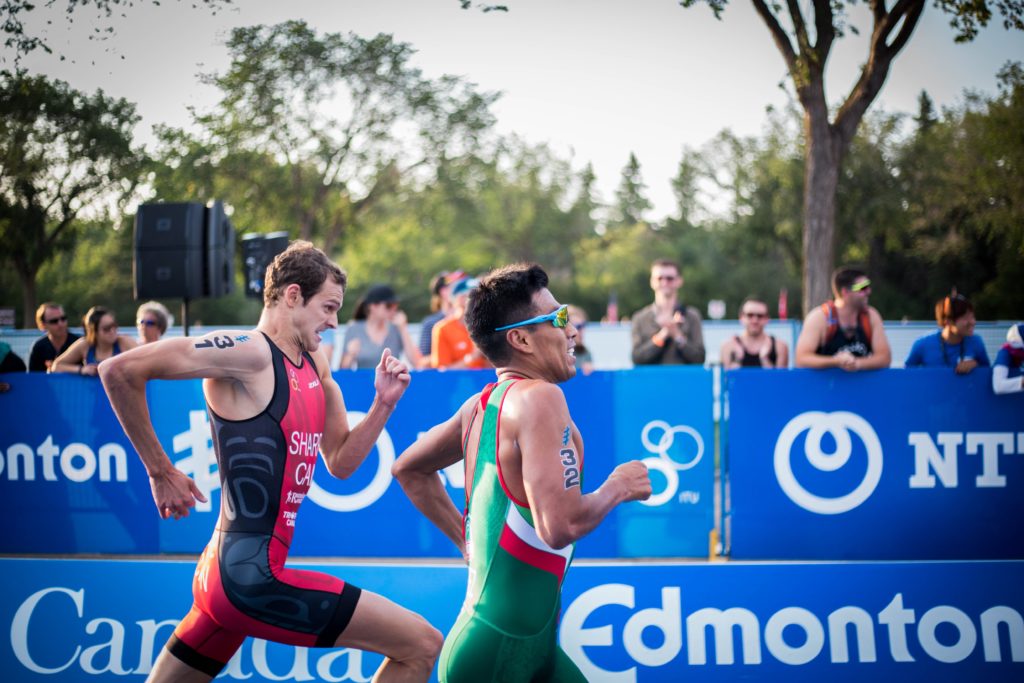Psychology of Suffering

Endurance athletes are often known for their ability to suffer. We hear terms lifke suffering, mental toughness, and grit tossed around all the time. What exactly do they mean? Essentially, they are different words for the same concept. The ability for someone to psychologically endure and push through physical discomfort that is related to participation in sport. It is important to note, that physical discomfort and pain from injury are not the same. Suffering does not refer to pushing through painful injuries, rather it refers to pushing through the natural discomfort that accompanies physical exertion when pushing the body’s physical limits in pursuit of goals.
What Do We Know About The Psychology Of Suffering?
There are many theories about the physical limitations of suffering and the complex relationship of the mind and body in governing and overcoming these limits. While there is no overwhelming consensus on the exact nature behind physiological and psychological suffering, a theme that has emerged is that they work in tandem. Once again, I will sing the praises of Alex Hutchinson’s Endure. If you’re interested in diving deep into the research and science that podcast is for you. But for those not interested, the main takeaway is that there is a lot we do not know about the body. That being said, to reach your goals you must train both your body and mind to withstand discomfort.
Starting Points For Understanding The Psychology Of Suffering
I think a great starting point when we consider the psychology of suffering is understanding why we choose to suffer. Engaging in an endurance sport is simultaneously choosing to endure a degree of suffering. Before you choose your next big goal race or start a workout take a few minutes to reflect on your intentions of why. This reflection can help put the suffering into perspective. It will give you a reason to continue to push, when things become tough and uncomfortable. Without a solid why behind your endeavors, it will be easier to slow down or stop when things become too uncomfortable.
The next thing that I suggest is that you develop a greater sense of body awareness and connection. For many people, discomfort brings along with it alarm bells sounding in their heads. Learn to make a distinction between discomfort that you can tolerate and pain. Pain, or a warning, that you need to slow down because you’re running too fast, for the distance, are important to listen to. Negative voices like, “I’m not sure I can do this” often necessitate a reframe. These don’t always require a physiological response such as stopping.
Why Do Athletes Struggle With Suffering?
One of the reasons athletes struggle with suffering is they are uncertain where the line is. What line? The line between not-pushing hard enough and pushing too hard. You can find this line through practicing either in workouts or “B races”. Here you can test your threshold as well as the limiting narratives that may be holding you back. Once you have that information then you can make a plan moving forward of what can or can’t be changed. Maybe you need to work on fueling better or increasing your positive self-talk. Another strategy might be starting out more conservatively and gradually increasing your effort by 1% as you go. Gathering information and forming a plan can give you more confidence in your ability to suffer. This will allow you to endure without blowing up and DNFing your goals.
How Can You Increase Your Ability To Suffer?
Lastly, the biggest thing athletes can do to increase their ability to suffer is to increase their optimism. While it might sound silly, optimism and positive self-talk are the main antidotes to suffering. Outside of your body physiologically stopping, the main reason people stop is that they do not know how to tolerate the thoughts, feelings, and emotions that come along with discomfort. Feeding your optimistic voice allows you to respond to the sensation of suffering. You give yourself hope, gentleness, and belief that will propel you forward toward your goals.
Learning to suffer well is an incredibly helpful skill for endurance athletes. If they are able to cultivate this ability, they want to reach their goals. Even with the best training in the world, the mind can still override the body. Try to spend some time each day practicing your mental game. By doing this, on race day you give yourself the best chance of achieving your highest potential.
Advertisement

Haleigh Fisher is a Licensed Professional Counselor working with athletes to help them train and live happy by helping them develop mental skills and embrace their strengths. She is a former Division I cross country athlete turned trail runner and uses her experience as a competitive athlete and mental health clinician to connect with clients and help them unlock their potential. Haleigh describes herself as a joy seeker, a trail running adventurer, a celebrator of food, an artist, and a lover of people; thrift shopping; and cupcakes.








